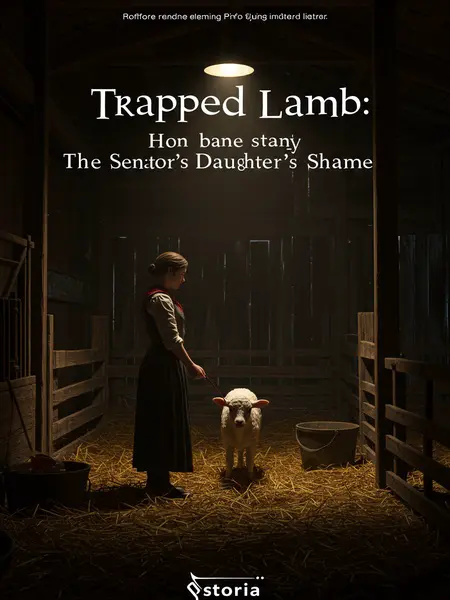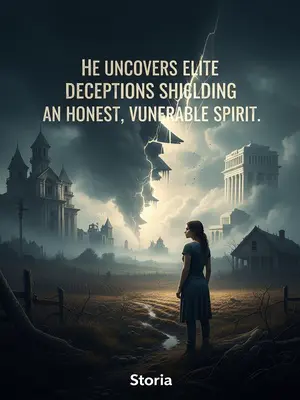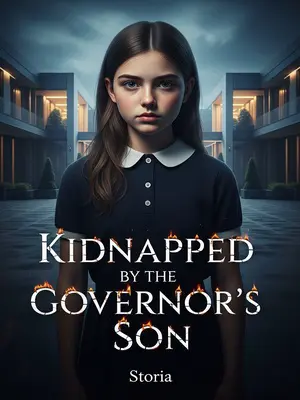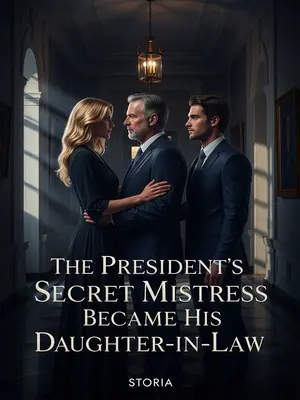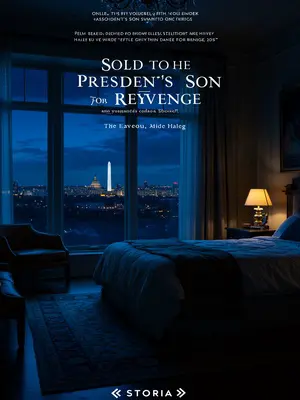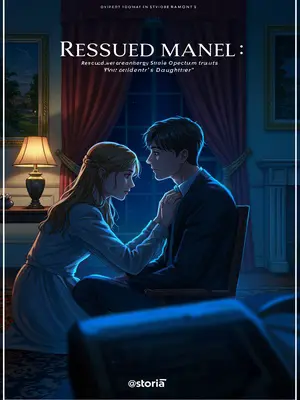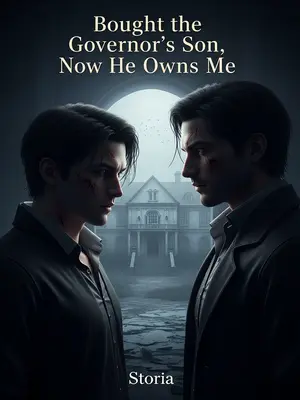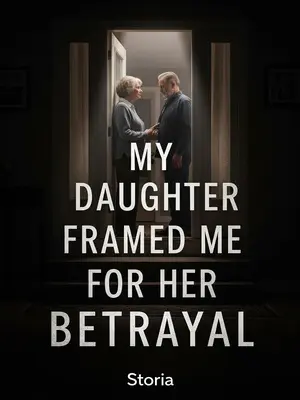Chapter 6: Alone on the Prairie
The old medic liked me a lot.
When there were no wounded, he would take me to identify wild herbs.
He’d kneel in the dirt, pointing out milkweed and yarrow, teaching me how to make poultices and teas. Sometimes, he’d let me taste the leaves—bitter or spicy, each one different.
He taught me the properties of different plants.
I asked him if there was any medicine to cure blindness.
After asking about my mom’s situation, he shook his head sadly.
"If her eyes were stabbed out, there’s nothing I can do."
"Then what’s the point of learning these herbs? I don’t want to learn anymore."
I ran out of the tent and went to the training ground to watch the captain drill the other soldiers.
They held rifles, their eyes sharp and determined like hawks, every move full of fierce effort.
They were also thin and tired, very different from the strong, well-fed men on the prairie who rode horses and swung axes.
Their uniforms were faded, boots patched with duct tape. Still, they moved with purpose, their voices echoing across the field.
I instinctively felt they couldn’t win.
But I envied them.
I dreamed that I could also hold a rifle and aim it as fiercely as they did.
Then shoot all the men who hurt Mom, and have the horses trample their bodies into mush...
So I picked up a stick and unconsciously followed their movements.
But the captain saw me and kicked me over.
His boot caught me in the side, and I tumbled into the dirt, gasping for breath.
"Want to learn our moves and go back to your people?"
He looked down at me, his eyes full of disgust.
"Dream on."
His words bit deep. I bit the inside of my cheek, willing myself not to cry in front of the others.
The soldiers on the field weren’t affected at all, still aiming their rifles with great force.
I lay on the ground, the stones in the grass poking my palm and hurting.
But not as much as the pain in my heart.
I stared up at the sky, the clouds drifting by, trying to imagine I was somewhere else—somewhere I belonged.
The old medic watched me from the tent for a long time, then shook his head with a smile. After pulling me back, he personally carved me a wooden sword.
He handed it over, the wood smooth in my grip. "Every hero starts with a stick," he said, winking. I tried to believe him.
"If you can remember all the herbs I teach you, I’ll teach you some swordplay. It’s different from theirs, but more suited for you."
Holding the light little sword, I imagined stabbing the rancher couple in the throat.
"I’ll learn..."
The old man smiled slightly, flipped through some books, and gave me the name "Morgan."
"Your situation is special, not accepted by the world. Take me as your mentor and learn with me."
He wrote the name in a battered notebook and told me to practice signing it every day. For the first time, I felt like maybe I could belong to something.
I didn’t understand his words, but as long as I could practice swordplay, I was willing.
...
After that, for a month, I studied plants during the day and practiced swordplay at night.
The nights in camp were cold, but I’d stand outside the tent, swinging my wooden sword until my arms ached. Sometimes the medic would watch, correcting my stance, his shadow long in the lantern light. Some nights, coyotes would yip in the distance, and the smell of campfire smoke clung to my hair.
Gradually, I discovered a problem.
"Mentor, swordplay is so hard. When can I be like you and get strong?"
He smiled.
"These things take years. The more you rush, the harder it is to learn."
He ruffled my hair, laughing softly. "Even the strongest trees start as saplings. Give it time, Morgan."
I pressed my lips together, gripping the wooden sword tighter and tighter.
Mom can’t wait.
Those awful ranchers can’t wait either...
So, one night when everyone let down their guard, I sneaked out of the camp and escaped back to the prairie.
This time, I succeeded.
I wrapped myself in the flannel jacket, the wooden sword tucked under my arm. My heart pounded as I slipped past the tents, the cold night air biting my cheeks. I didn’t look back.
I searched the prairie for three days and finally found the ranch house of Mason and Helen.
My shoes were worn through, my feet blistered. I walked until my legs gave out, the prairie sky stretching on forever. But I knew the house when I saw it—white paint peeling, an American flag faded by the sun, the smell of cow dung thick in the air.
But when I snuck into the livestock pen at night, I found that Mom was gone.
The pen was silent, emptier than I’d ever seen it. The sheep huddled in the far corner, their eyes shining in the dark.
The iron shackle that had locked her ankle was discarded around the concrete block.
It lay there, cold and abandoned, the metal scuffed and stained. I reached for it, my hands trembling.
On the block, there was a salty, bloody smell.
The smell of blood.
"Mom..."
The word broke free before I could stop it, echoing in the empty dark. I sank to my knees, the prairie wind howled, and for the first time, I realized how easy it was to disappear out here. I clutched the cold shackle, wishing for a miracle, knowing none were coming.
